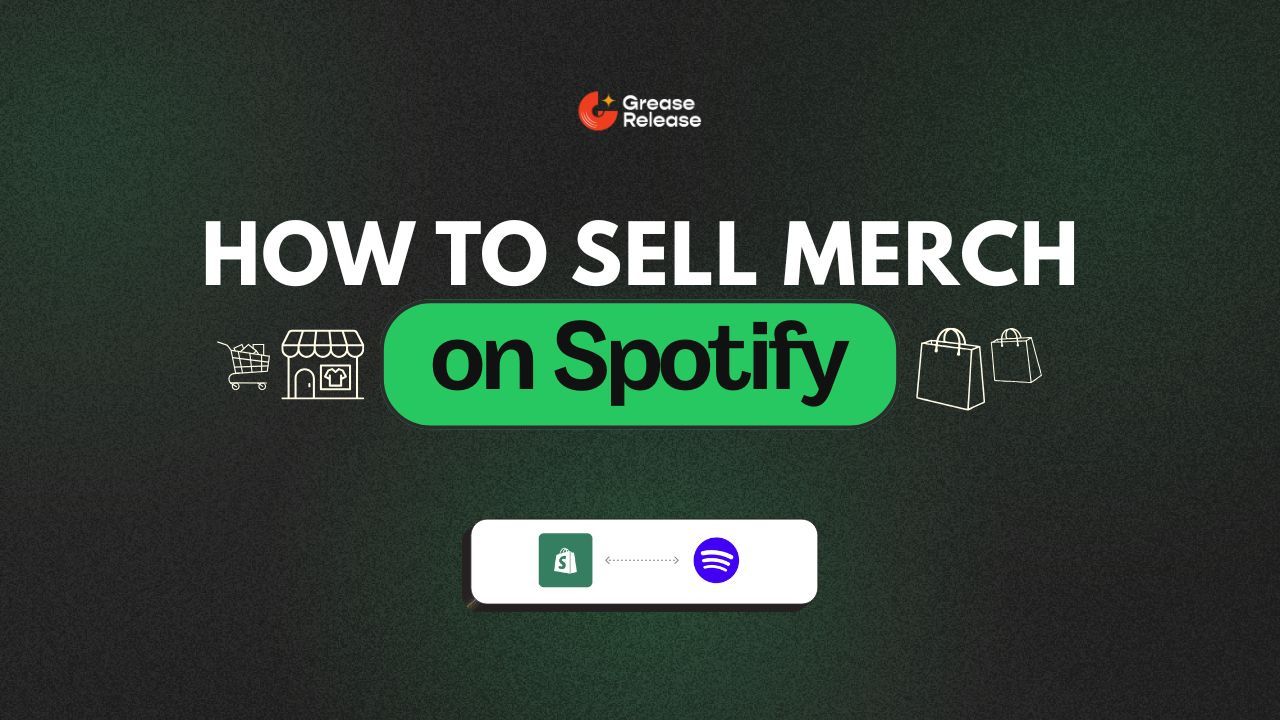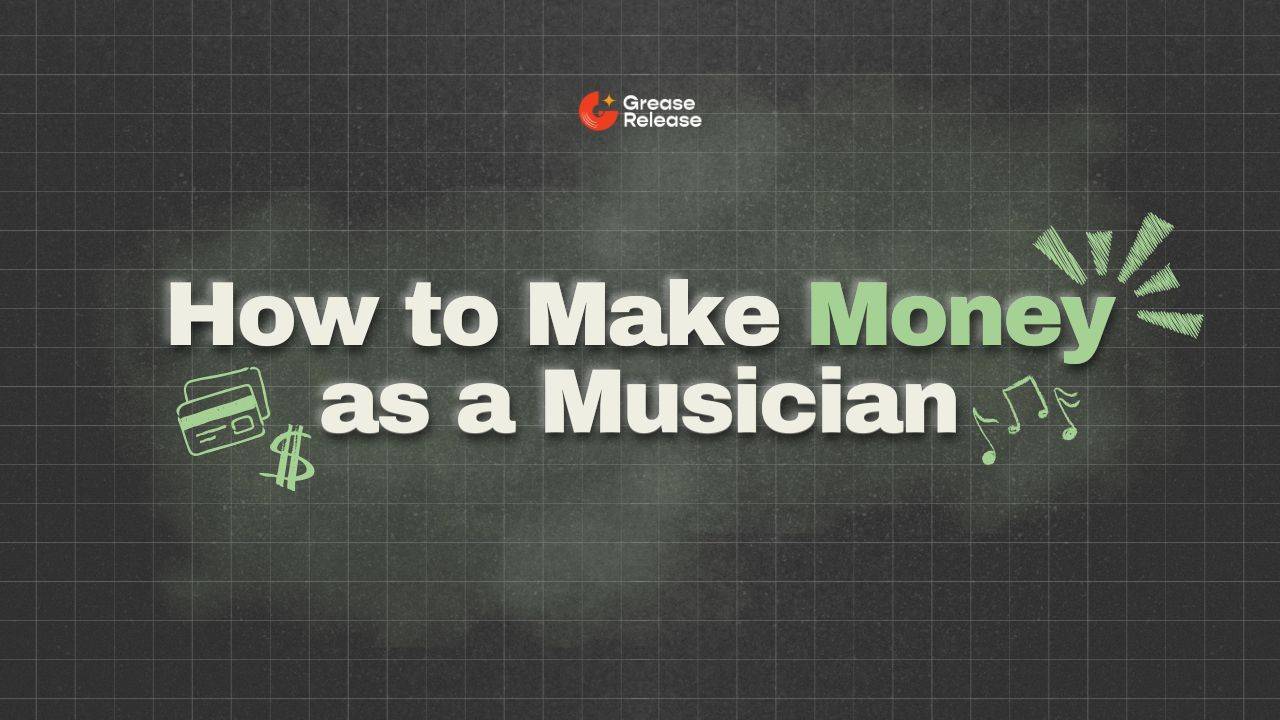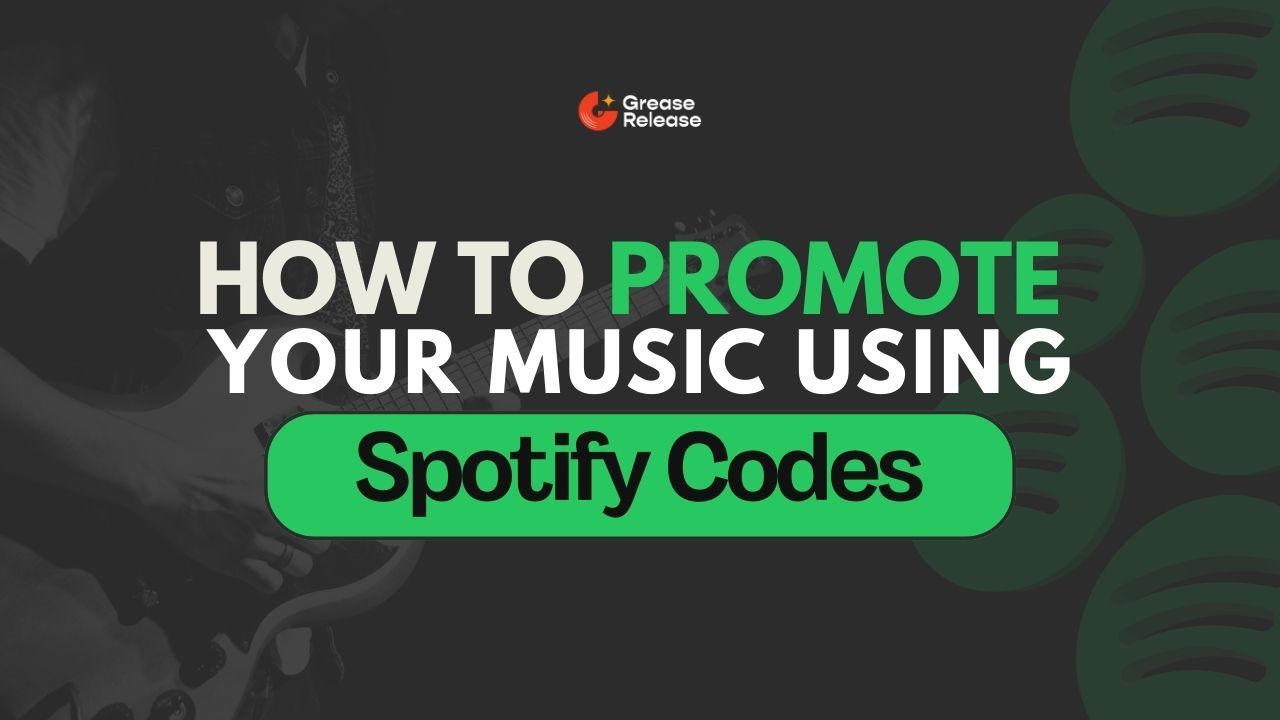
Publishing Deals: Types You Need To Know
Aug 19, 2024Music Publishing Deals: What Should I Know?
For many musicians, landing a music publishing deal is a major milestone. But what exactly is a music publishing deal, and why is it so crucial for your music career? In simple terms, a music publishing deal allows you to partner with a publishing company to manage and promote your songs, ensuring you get paid when your music is used. Whether you’re just starting out or already established, understanding the ins and outs of publishing deals can help you make informed decisions and protect your rights as an artist. In this article, we’ll break down everything you need to know about music publishing deals.
Table of Contents
- What Is a Music Publishing Deal?
- Why Do Musicians Need a Publishing Deal?
- What Are the Different Types of Music Publishing Deals?
- How Does a Co-Publishing Deal Work?
- What Are the Key Elements of a Music Publishing Agreement?
- What Are 360 Music Deals and How Do They Relate to Publishing?
- What Is Sync Licensing?
- FAQs
- Our Final Thoughts
What Is a Music Publishing Deal?
A music publishing deal is an agreement between a songwriter and a publishing company. Under this deal, the songwriter grants the publisher the rights to their songs in exchange for promotion, licensing, and royalty collection. The publisher typically handles administrative tasks, such as licensing the music for use in films, TV shows, commercials, and more. In return, the publisher takes a percentage of the royalties generated by the songs.
Why Do Musicians Need a Publishing Deal?
A publishing deal is essential because it helps musicians maximize the revenue from their work. By partnering with a publisher, musicians can ensure their songs are being actively promoted and licensed, allowing them to focus more on creating music.
Example: Imagine you’ve written a hit song. Without a publishing deal, you would have to manage all licensing and royalty collection yourself, which can be overwhelming. With a publishing deal, your publisher handles these tasks, ensuring you get paid whenever your song is used.
Pro Tip: Always review the terms of a publishing deal carefully, as they can significantly impact your income and rights as a songwriter.
What Are the Different Types of Music Publishing Deals?
There are several types of music publishing deals, each offering different levels of control and revenue-sharing between the musician and the publisher. Here’s a breakdown of the most common types:
- Co-Publishing Deal: In this type of deal, the songwriter and publisher share ownership of the song, typically on a 50/50 basis. This allows the songwriter to retain more control and earn a larger share of the royalties.
- Administration Deal: The publisher’s role is limited to handling administrative tasks such as licensing and royalty collection. The songwriter retains full ownership of their songs and receives the majority of the royalties.
- Exclusive Songwriter Agreement: Under this deal, the songwriter agrees to write exclusively for the publisher for a set period. The publisher owns the rights to all songs written during the contract term.
- Single Song Agreement: This is a one-time deal where the songwriter assigns the rights to a single song to the publisher. It’s often used by songwriters looking to test the waters with a publisher before committing to a long-term contract.
Pro Tip: Each type of deal has its pros and cons, so it’s important to choose the one that aligns with your goals and career stage.
How Does a Co-Publishing Deal Work?
A co-publishing deal is one of the most common types of music publishing contracts. In this arrangement, both the songwriter and the publisher share ownership of the songs, usually on a 50/50 basis. The publisher handles the administration, licensing, and promotion of the songs, while the songwriter retains a significant portion of the royalties.

Benefits of a Co-Publishing Deal:
- More Control: The songwriter retains partial ownership of the songs, giving them more control over how their music is used.
- Higher Royalties: Because ownership is shared, the songwriter receives a larger share of the royalties compared to other types of deals.
Drawbacks:
- Shared Ownership: While you retain more control, you also have to share ownership with the publisher, which might limit some of your decision-making power.
Example: A famous example of a co-publishing deal is when Taylor Swift partnered with Sony/ATV in the early stages of her career, allowing her to retain significant control over her music while benefiting from the publisher’s resources.
Pro Tip: Co-publishing deals are ideal for artists who want to retain some ownership while still benefiting from the resources and connections of a major publisher.
What Are the Key Elements of a Music Publishing Agreement?
A music publishing agreement is a legally binding contract that outlines the terms and conditions of the relationship between the songwriter and the publisher. Here are some of the key elements to look out for:
- Ownership and Rights: This clause defines who owns the rights to the songs and how those rights are shared between the songwriter and publisher.
- Royalty Splits: Specifies how the royalties will be divided between the songwriter and the publisher. This can vary depending on the type of deal.
- Term and Territory: Outlines the duration of the contract and the geographical areas where the publisher has the right to exploit the songs.
- Advances and Payments: Details any advance payments made to the songwriter and how future royalties will be paid.
Example: A standard music publishing agreement might grant the publisher exclusive rights to the songwriter’s catalog for a term of three years, with a 50/50 split on royalties.
Pro Tip: Always consult with an attorney or experienced music manager before signing a publishing agreement to ensure your rights are protected.
What Are 360 Music Deals and How Do They Relate to Publishing?
A 360 music deal, also known as a “multiple rights deal,” is an agreement where the record label or publisher takes a share of the artist’s overall revenue streams, including music sales, live performances, merchandising, and more. In return, the label or publisher provides comprehensive support to develop the artist’s career.

How Publishing Fits into a 360 Deal:
- The publisher might take a share of the publishing royalties in addition to other revenue streams.
- The artist benefits from having a single entity manage multiple aspects of their career.
Pros and Cons of 360 Deals:
- Pros: The artist receives comprehensive support and resources to grow their career.
- Cons: The artist gives up a larger share of their revenue, which can be significant over time.
Example: A well-known example of a 360 deal is Madonna’s $120 million contract with Live Nation, which covered touring, merchandise, and music publishing rights.
Pro Tip: 360 deals can be beneficial for emerging artists who need extensive support but should be carefully considered due to the broad scope of revenue sharing.
FAQs
How much does a music publishing deal pay?
The payment from a music publishing deal can vary widely depending on factors such as the songwriter’s popularity, the scope of the deal, and the royalty splits agreed upon. Advances can range from a few thousand to millions of dollars for high-profile deals.
What is the biggest music publishing deal?
One of the largest music publishing deals in history is Michael Jackson’s acquisition of the ATV Music catalog in 1985, which included rights to The Beatles’ songs. This deal was valued at $47.5 million at the time, equivalent to over $100 million today.
How do I get a music publishing deal?
To get a music publishing deal, focus on building a strong catalog of songs, network with industry professionals, and consider working with a music manager or attorney who can help you navigate the process.
How do publishing royalties work?
Publishing royalties are generated whenever your music is used, such as in a film, on the radio, or through streaming services. These royalties are typically split between the songwriter and the publisher based on the terms of your publishing agreement.
Our Final Thoughts
Understanding music publishing deals is essential for any musician looking to maximize their income and protect their creative rights. Whether you’re considering a co-publishing deal, an administration deal, or even a 360 deal, knowing the details of these agreements will help you make informed decisions about your music career. Take the time to research, seek advice, and ensure that any deal you enter into aligns with your long-term goals.
We at GreaseRelease, have a bunch of curators on our network who are looking for new & exciting music to push on their massive playlists. If you make music and want to reach a wider audience, check out our submission platform and get a chance to reach millions of listeners! Submit your tracks now!
Studies show that 80% of musicians constantly feel overwhelmed and we want to take that load off by helping you stay organized that's why, my team and I created the ProdPro 2.0 The ProdPro 2.0 is the ultimate organization tool built by and for musicians. Click here to learn more.
Don't miss my newsletter!
Join me on a music entrepreneurship journey with new tips and tricks delivered straight to your inbox.
We hate SPAM. We will never sell your information, for any reason.




